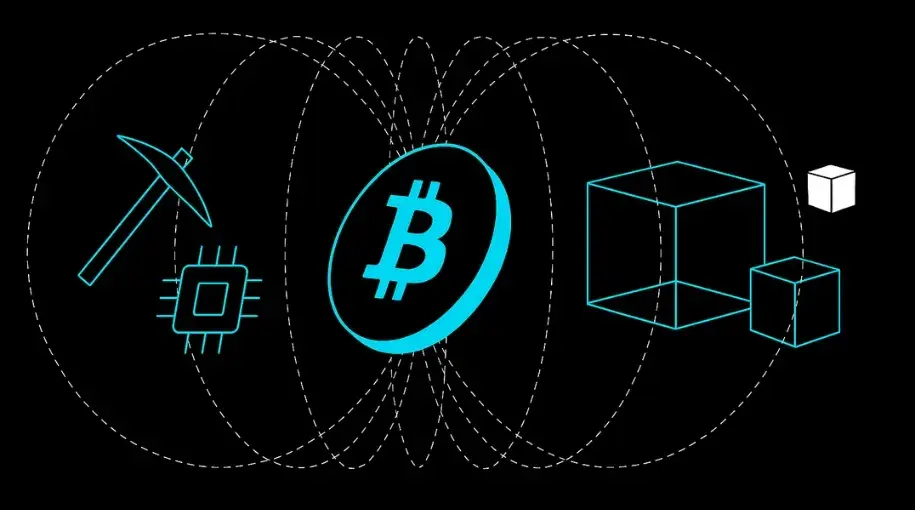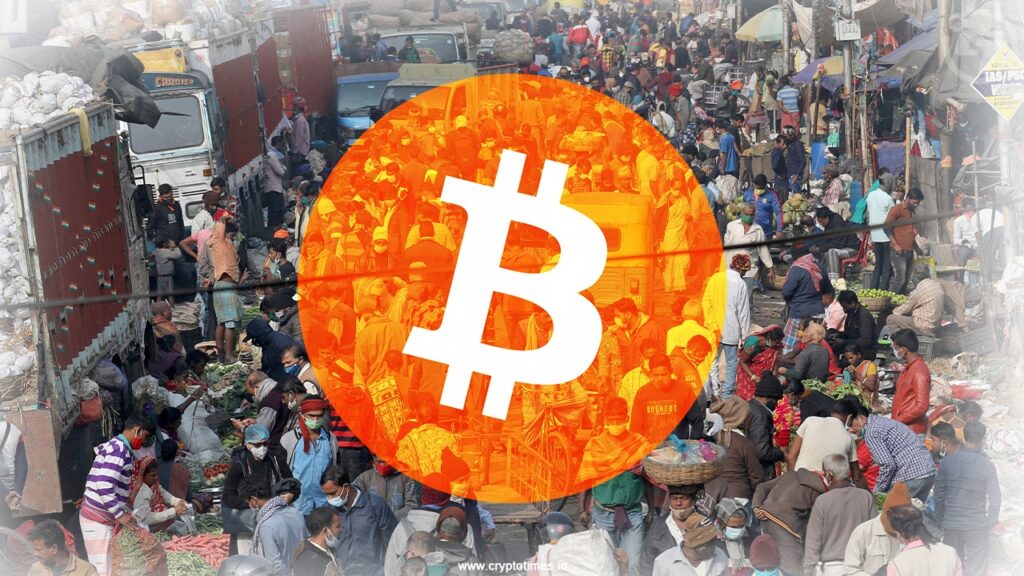Now Reading: Crypto Traders in I-T Department’s Crosshairs: What India’s Small Investors Need to Know
-
01
Crypto Traders in I-T Department’s Crosshairs: What India’s Small Investors Need to Know
Crypto Traders in I-T Department’s Crosshairs: What India’s Small Investors Need to Know

India’s Income Tax Department has intensified its focus on cryptocurrency traders, especially those involved in automated USDT arbitrage or frequent peer-to-peer trades. The increased scrutiny comes under Section 115BBH, which imposes strict tax rules on virtual digital assets. For investors in Tier 2 cities, where awareness around crypto taxation may still be limited, understanding these guidelines is now critical to avoid unexpected penalties.
Section 115BBH imposes a flat 30% tax on profits from crypto trading, with no deductions allowed except for the cost of acquisition. Losses cannot be set off against other income sources. The move signals that crypto profits are now firmly in the I-T department’s radar.
High-frequency trades and arbitrage strategies—especially involving USDT—leave clear digital transaction footprints. The government’s focus on these activities follows concerns about tax evasion and unreported crypto gains. Even traders using multiple exchanges may find their activities questioned by authorities.
In smaller towns, crypto trading is often guided by social media chatter rather than professional advice. Many investors don’t maintain proper records like transaction histories, wallet addresses, or exchange receipts. This could make it difficult to correctly declare gains or losses if the I-T department asks for proof.
To stay compliant, traders should maintain detailed records of every trade, including buy price, sell price, dates, and exchange used. They should keep screenshots, confirmations, and wallet transfer logs as evidence, declare all crypto gains—even small ones—when filing taxes, and seek professional tax guidance if trading volumes are high.
Crypto remains an attractive option for many in smaller cities due to its accessibility and potential returns. But the regulatory framework is tightening, and traders must balance the allure of quick gains with responsible compliance to avoid legal trouble.
As the Income Tax Department clamps down on crypto profits, basic compliance is no longer optional—it’s essential. For crypto investors across India, especially in Tier 2 towns, the day of reckoning is here. Staying informed, diligent, and transparent with tax filings won’t just reduce risk—it could preserve the future growth of digital investing in India.

























